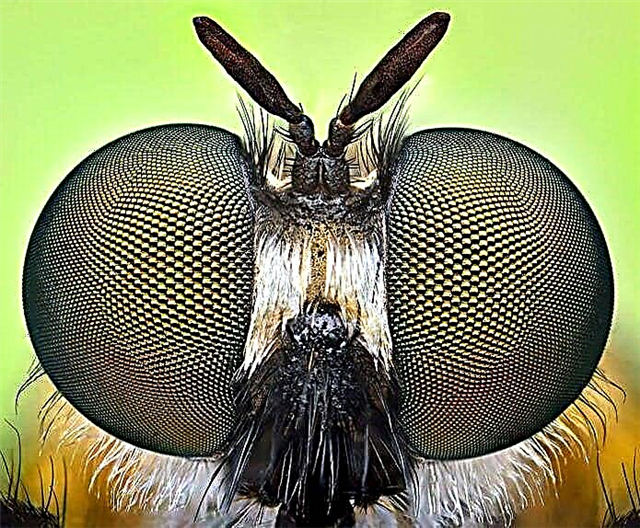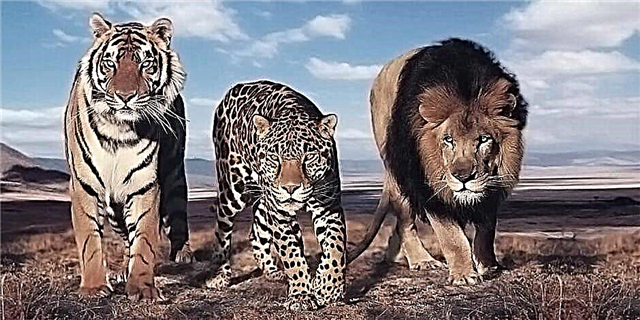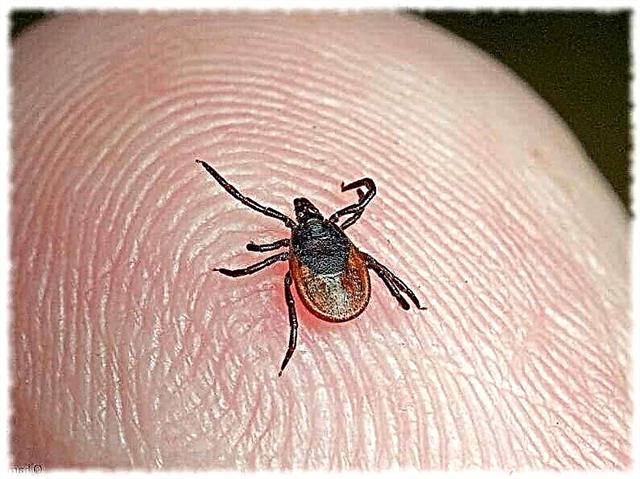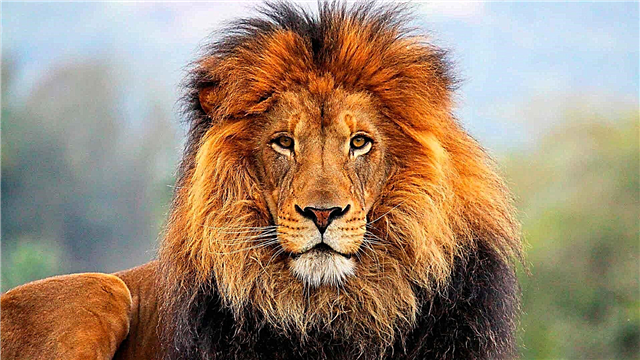
Sleep is an integral part of the life of many creatures. Scientists using various experiments tried to find out whether animals dream and what they dream.
Do animals see dreams?
The nature of human sleep is still poorly understood - what about animals? But still, some research has been done. Sleep is divided into fast and slow phases. Dreams that are remembered most often occur precisely in the fast phase. Dreams in the slow phase are forgotten.
Scientists who conducted experiments on reptiles, amphibians and fish, found that they generally do not have a phase of REM sleep. Birds have this phase, but it takes only 1% of the total sleep time. In mammals, this percentage increases to 20%, and in herbivores it is 5-10%.

Thus, it can be assumed that animals with a fast phase of sleep also have dreams. But what they dream is a mystery. REM sleep is also called "paradoxical." The fact is that during this period the brain conducts the same activity as during wakefulness.
The theory says that at that moment, the dreamer sees pictures from his life as dreams. It can be assumed that animals see similar dreams. A cat or dog pursues its prey, hamsters run on the wheel, birds sing songs.
There are indirect signs that animals dream. They are familiar to all pet owners. Cats, dogs pull their mustaches and move their paws, growl and even sometimes squeal.
Interesting fact: dolphins practice "half falling asleep" - one part of the brain is resting, the other is awake.
What does the animal dream about?
More recently, it was believed that animals possess only reflexes and instincts, and that they have absolutely no consciousness. Dreams were also considered accessible only to people. Researchers were able to prove the opposite and even confidently assume that the animal dreams.
Electrodes were implanted into laboratory rats with the help of which they monitored mood swings, studied memory, and spatial orientation. While awake, rats searched for food in mazes.

Researchers also took readings of the rodent's brain during sleep and found that they were almost identical to the brain while awake. Apparently, the rat in a dream continued to “search” for food in the maze.
Scientists conducted experiments on songbirds. Finches in a dream “lost” songs that were sung during wakefulness. Studies have shown that animals do see dreams that reflect previous experiences.












